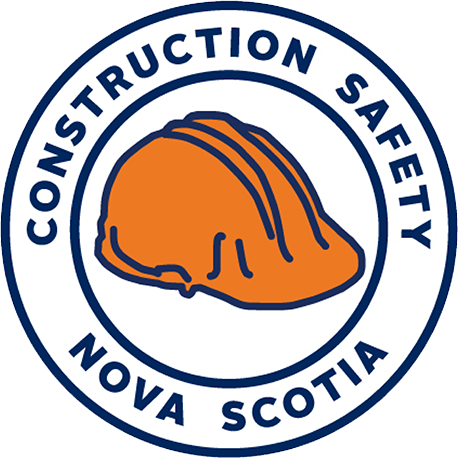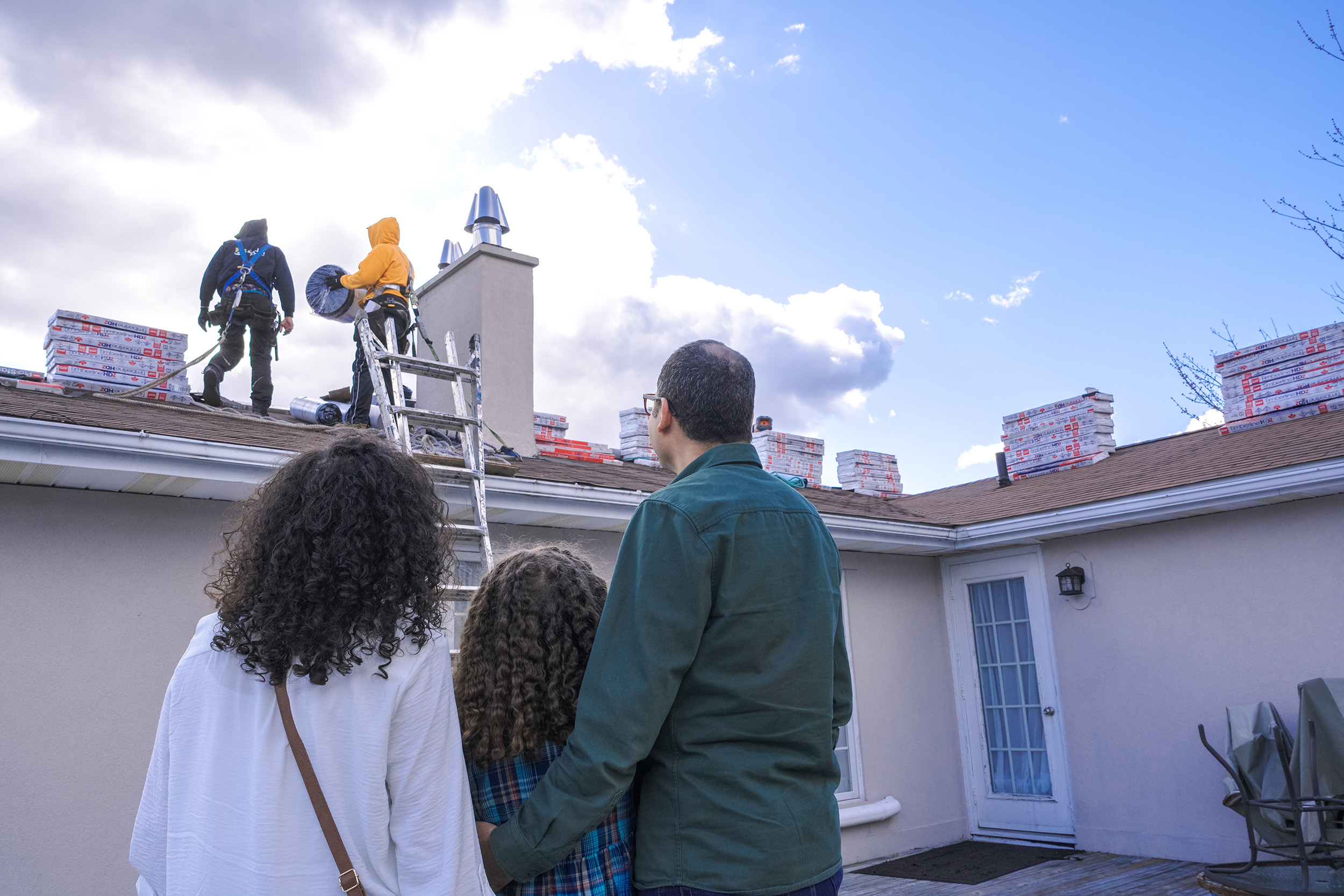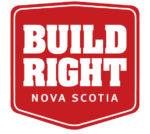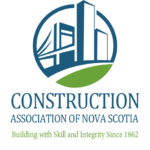Legislation
Occupational Health and Safety Act
Under the OHS Act, “owner” pertains to homeowners just the same as it would on any other construction site. When you are having work done on your home, the obligation of the homeowner is the same as any other major construction site owner. The duties of the “owner” are outlined in Section 19 of the Act.
Owners’ Precautions and Duties Sec 19 (a)(i)(II) (b) (i)(ii)
Every owner shall
(a) take every precaution that is reasonable in the circumstances to provide and maintain the owner’s land or premises being or to be used as a workplace
(i) in a manner that ensures the health and safety of persons at or near the workplace, and
(ii) in compliance with this Act and the regulations; and
(b) give to the employer at the workplace the information that is
(i) known to the owner or that the owner could reasonably be expected to know, and
(ii) necessary to identify and eliminate or control hazards to the health or safety of persons at the workplace.
If an injury or fatality occurs and a Department of Labour investigator finds the homeowner to be non-compliant, they could face significant fines.
Workers’ Compensation Act
If your contractor is not complying with Workers’ Compensation rules, you may face a financial risk. If a homeowner hires a contractor for cash “under the table” and the contractor is not enrolled in workers’ compensation, the homeowner can be held financially responsible if a worker is hurt on their property.
The concept of the “historic trade-off” is fundamental to the workers’ compensation system. Under the historic trade-off, workers give up the right to sue employers for work-related injuries in return for access to the no-fault workers’ compensation system and benefits and services available under it. Employers, in return for this legal immunity, must cover the costs of the workers’ compensation system through assessment premiums.
Section 28 of the Act sets out the statutory bar which is a fundamental part of the historic trade-off. The statutory bar means an injured worker covered under the Act cannot sue his or her own employer, co-workers, or another covered employer or other covered employer’s workers, for damages arising from a work-related injury or death. A worker’s dependant is also subject to the statutory bar.
This pertains to homeowners because if they hire contractors who do not have WCB insurance and a worker is injured, that worker is not automatically covered for earnings replacement and medical benefits, so they are more likely to sue their employer, homeowner, and others to recoup the costs associated with the injury.
As the party responsible for hiring the contractor, homeowners should seek to hire contractors with WCB coverage and ask for a clearance letter. This may reduce a homeowner’s financial risk should an injury occur.








